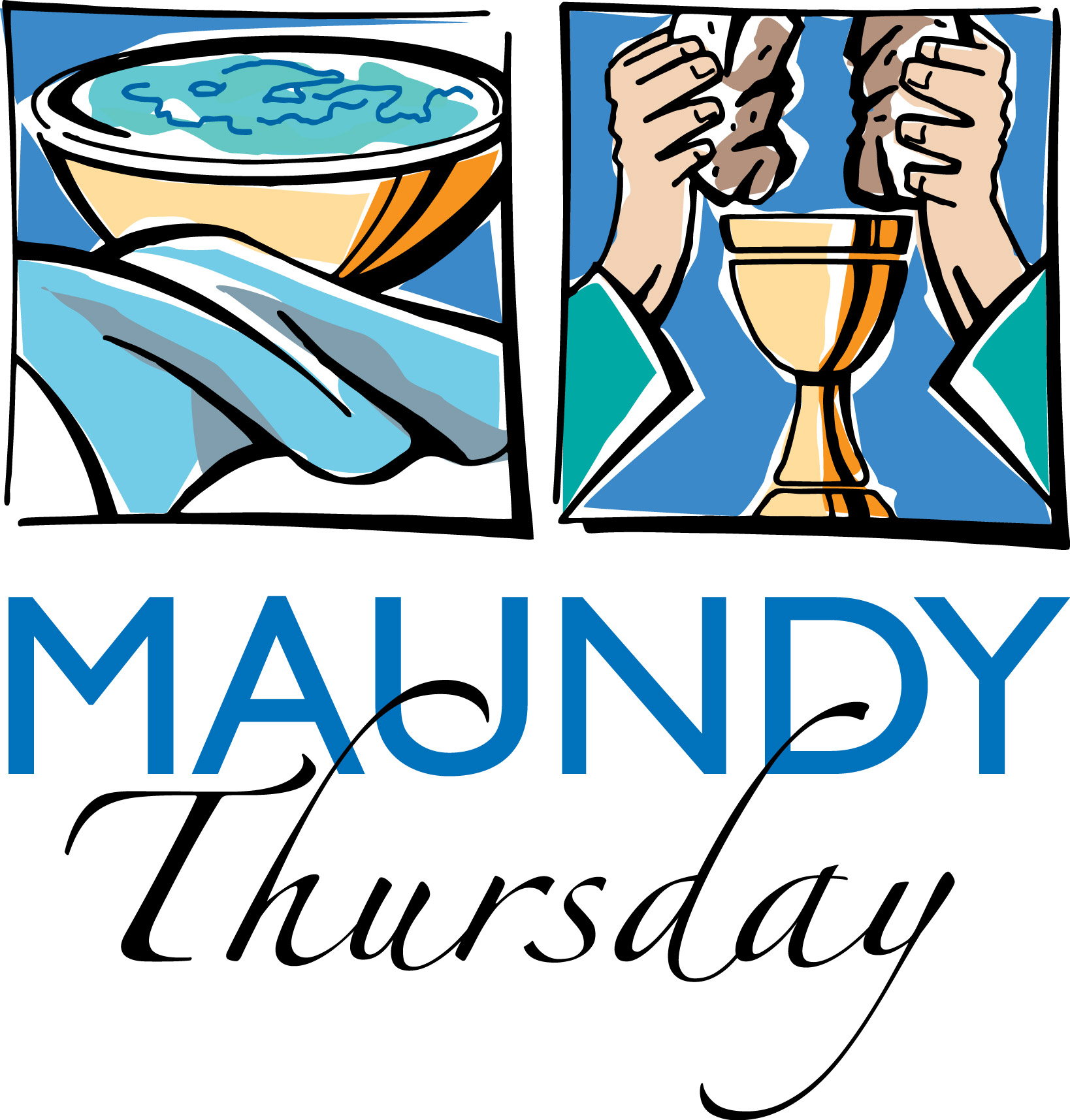Maundy Thursday is one of the most significant days in the Christian calendar, marking the beginning of the Easter Triduum. This day commemorates the Last Supper of Jesus Christ with his disciples, a pivotal moment in Christian history. As we dive into this topic, you'll discover the deep meaning behind this holy day and how it's celebrated across different cultures. So, buckle up, because we're about to take a journey through history, tradition, and faith.
For many Christians, Maundy Thursday isn't just another day in the calendar. It's a day to reflect on the profound teachings of Jesus and the importance of humility and service. The word "Maundy" itself comes from the Latin word "mandatum," which means "commandment." This refers to Christ's commandment to love one another, given during the Last Supper.
As we explore the significance of this day, you'll uncover the rituals, traditions, and the deep spiritual meaning behind Maundy Thursday. Whether you're religious or not, understanding these traditions can offer a unique perspective on the values of compassion and service that resonate universally.
Read also:Who Is Willa Fitzgeralds Husband The Ultimate Guide To Her Love Life
What is Maundy Thursday All About?
Maundy Thursday, also known as Holy Thursday, is observed on the Thursday before Easter Sunday. This day commemorates the Last Supper, where Jesus celebrated the Passover meal with his disciples. It's a time to reflect on the sacrificial love Jesus demonstrated and the lessons of humility he taught through washing his disciples' feet.
In many Christian communities, this day is marked by special services, foot-washing ceremonies, and the celebration of the Eucharist. These practices remind believers of Jesus' example of serving others and the importance of love and humility in their daily lives.
Historical Significance of Maundy Thursday
The roots of Maundy Thursday go back to the events described in the New Testament. During the Last Supper, Jesus not only instituted the Eucharist but also demonstrated an act of humility by washing his disciples' feet. This gesture symbolized the importance of serving others and setting aside one's pride.
The Last Supper: A Turning Point
The Last Supper is a profound moment in Christian theology. It's where Jesus broke bread and shared wine with his disciples, symbolizing his body and blood. This act laid the foundation for the Eucharist, a central practice in many Christian denominations.
This event also marked the beginning of the events leading to Jesus' crucifixion. It's a reminder of the ultimate sacrifice he made for humanity, making Maundy Thursday a day of both celebration and solemn reflection.
Read also:Jonathan Stamp The Unsung Hero Of Modern Design
Celebrations Around the World
Maundy Thursday is celebrated in various ways across the globe, reflecting the diverse traditions within Christianity. From grand ceremonies to intimate gatherings, each community finds unique ways to honor this sacred day.
Foot-Washing Ceremonies
One of the most common practices on Maundy Thursday is the foot-washing ceremony. This ritual reenacts Jesus' act of humility and serves as a powerful reminder of the importance of serving others. Many churches hold these ceremonies during their Maundy Thursday services.
In some communities, the foot-washing ceremony extends beyond religious settings, with leaders and officials participating as a gesture of humility and service to the community.
Traditions in Different Denominations
Each Christian denomination has its own way of observing Maundy Thursday. From Catholic Masses to Protestant services, the rituals may vary, but the underlying message of love and service remains consistent.
- Catholic Church: The Catholic Church holds a special Mass of the Lord's Supper, which includes the washing of feet and the consecration of the Eucharist.
- Orthodox Churches: Orthodox Christians celebrate the day with a service called the Liturgy of the Presanctified Gifts, focusing on prayer and repentance.
- Protestant Churches: Protestant denominations often hold communion services and foot-washing ceremonies, emphasizing the themes of service and sacrifice.
Symbolism and Meaning
The symbols associated with Maundy Thursday carry deep meaning for believers. The bread and wine used in the Eucharist represent Jesus' body and blood, while the act of foot-washing symbolizes humility and service. These symbols remind Christians of the importance of love, sacrifice, and humility in their faith journey.
Lessons of Humility
One of the key lessons of Maundy Thursday is the importance of humility. In a world that often values power and status, Jesus' act of washing his disciples' feet challenges us to prioritize service over self-interest. This message resonates beyond religious boundaries, encouraging people to serve others with compassion and kindness.
Modern Observances
In today's world, Maundy Thursday is observed in both traditional and modern ways. Many churches incorporate contemporary elements into their services while maintaining the core traditions. This blend of old and new helps keep the message of Maundy Thursday relevant for today's generation.
Community Service Projects
Many communities use Maundy Thursday as an opportunity to engage in service projects. From feeding the hungry to helping the homeless, these acts of service reflect the teachings of Jesus and bring the community together in a spirit of love and compassion.
Reflection and Prayer
Maundy Thursday is also a day of reflection and prayer for many Christians. It's a time to meditate on the profound love and sacrifice of Jesus and to consider how we can embody those values in our own lives. Whether through personal devotion or communal worship, this day invites us to deepen our faith and commitment to serving others.
FAQs About Maundy Thursday
Here are some frequently asked questions about Maundy Thursday:
- What does "Maundy" mean? The word "Maundy" comes from the Latin "mandatum," meaning "commandment," referring to Jesus' commandment to love one another.
- Why is foot-washing important? Foot-washing symbolizes humility and service, reminding Christians of the importance of serving others.
- How is Maundy Thursday different from Good Friday? Maundy Thursday commemorates the Last Supper, while Good Friday marks the crucifixion of Jesus.
Conclusion: Embracing the Spirit of Maundy Thursday
Maundy Thursday is more than just a day on the calendar; it's a call to action. It invites us to reflect on the values of love, humility, and service that Jesus exemplified. Whether through participating in traditional rituals or engaging in acts of service, this day offers an opportunity to deepen our faith and connection with others.
We encourage you to take a moment to reflect on how you can embody the spirit of Maundy Thursday in your own life. Whether it's through serving others, practicing humility, or deepening your faith, this day has much to teach us about the power of love and sacrifice.
Feel free to share your thoughts and experiences in the comments below. And don't forget to explore our other articles for more insights into faith and spirituality.
Table of Contents
- What is Maundy Thursday All About?
- Historical Significance of Maundy Thursday
- Celebrations Around the World
- Traditions in Different Denominations
- Symbolism and Meaning
- Modern Observances
- Reflection and Prayer
- FAQs About Maundy Thursday
- Conclusion: Embracing the Spirit of Maundy Thursday



